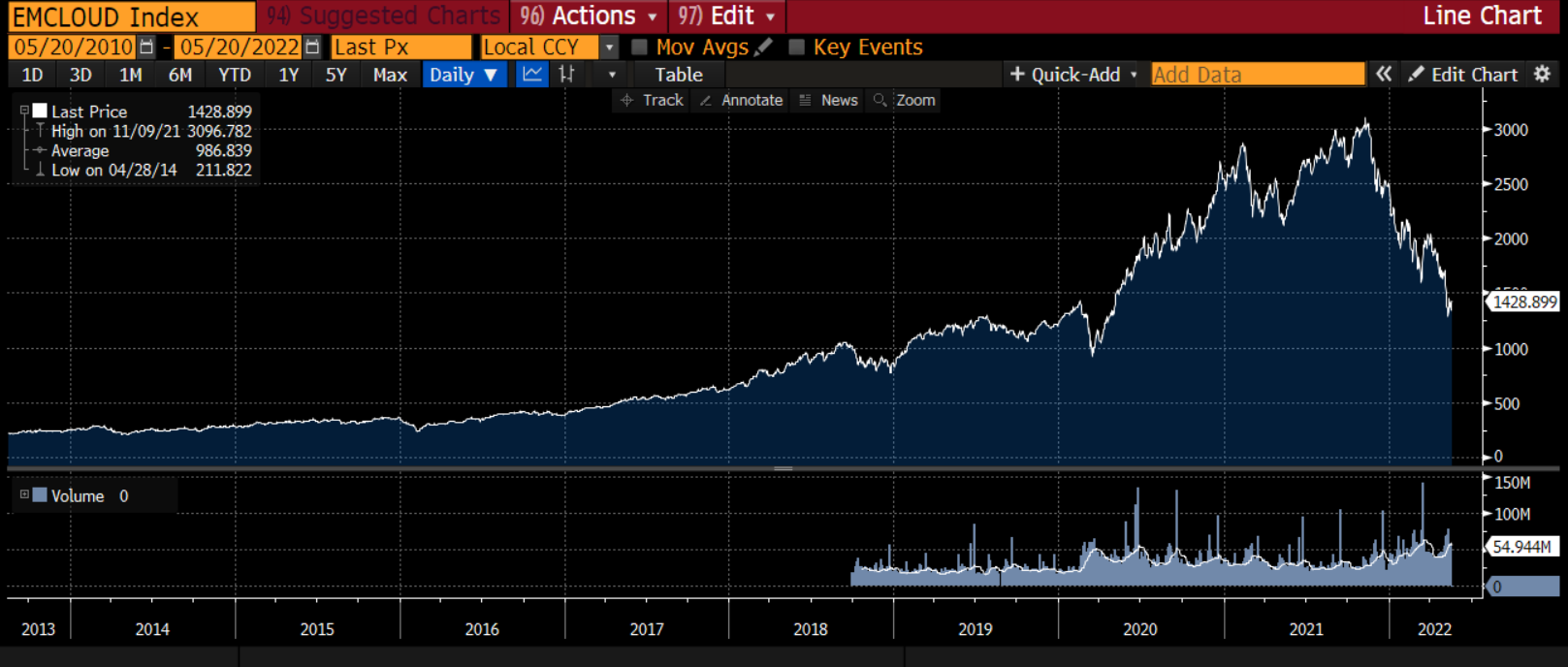What’s wrong with the calculations of Silicon Valley companies

That is why the remuneration of workers paid through “Stock Based Compensation” today can be a problem for companies in Silicon Valley. The analysis by Alberto Artoni, Portfolio Manager US Equity of AcomeA SGR
Financial analysts are well aware that, in order to effectively measure the performance of a company, it may be necessary, from time to time, to depart from the accounting principles, in order to better analyze the income and capital situation.
In fact, particular events may occur in the single quarter that do not impact the health of the business. In these cases, which are rare by nature, operators calculate an estimate of company results defined as "adjusted", that is, which does not consider the effects of the atypical event, in order to have an estimate of the performance of operations directly comparable with the periods previous.
Furthermore, companies often share with investors additional metrics for measuring the company's performance, which, while not having a definition officially established by accounting principles, help the market to understand the evolution of the business. These practices, however, although fully legitimate, tend, in moments of great euphoria, to focus the attention of operators on the positive elements, overshadowing, or at least postponing, a careful analysis of the critical issues.
We believe this is a problem for Silicon Valley today, where a significant portion of workers' compensation is paid through stock-based systems known as Stock Based Compensation.
In itself, the practice is a positive element: the interests of workers and those of shareholders are more aligned, thus stimulating productivity and cooperation. In our opinion, the problem lies in the widespread practice among analysts and investors to "ignore" the costs associated with "Stock Based Compensation", despite the accounting principles classify them as such.
In this case, companies themselves often provide so-called “adjusted” or “non-GAAP” estimates, which systematically exclude these costs, thus presenting a result significantly better than that calculated according to accounting standards.
According to our estimates, over 90% of Nasdaq members pay in Stock Based Compensation on average about 5% of the turnover generated in the year. This figure may seem small at first glance, but a 5% increase / decrease in margins actually has a significant impact on a company's valuation. Even more significant, however, is the impact on some subsectors of technology, which reached staggering valuations concurrently with the highs of 2021 and have since begun a severe correction.
Take for example the Nasdaq Emerging Cloud index (about -60% from the highs), which represents software companies linked to the secular trend of transition from owned servers to the cloud. According to our estimates, companies in this index pay on average around 24% of their turnover in “Stock Based Compensation”.

The use of share-based remuneration systems tends to have a more marked impact on the “youngest” and most innovative companies, with the highest growth potential. In order to compete with the largest and most established competitors, these companies must offer substantial equity packages to attract the talent necessary to create the level of innovation necessary to achieve the strong growth ambitions.
In our opinion, therefore, the lack of discipline on the part of the operators has made it possible to "forget" recurring costs equal to 24% of turnover, thus helping to push valuations beyond 12 times the turnover, in the face of companies that in 80% of cases they have not yet reached a balanced budget.
This is a machine translation from Italian language of a post published on Start Magazine at the URL https://www.startmag.it/economia/cosa-ce-che-non-va-nei-calcoli-delle-aziende-della-silicon-valley/ on Sun, 29 May 2022 05:23:22 +0000.
